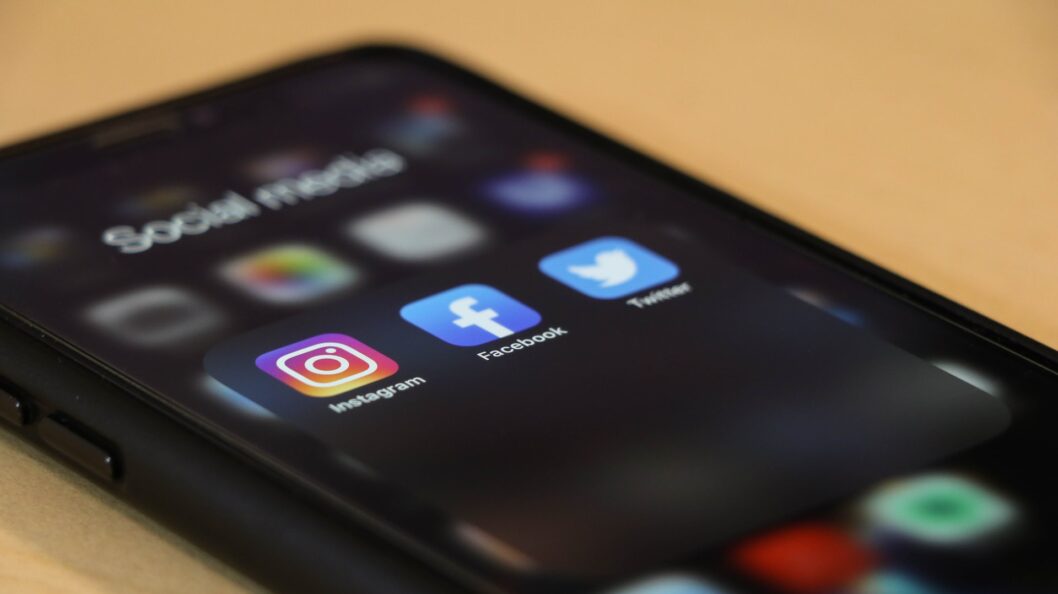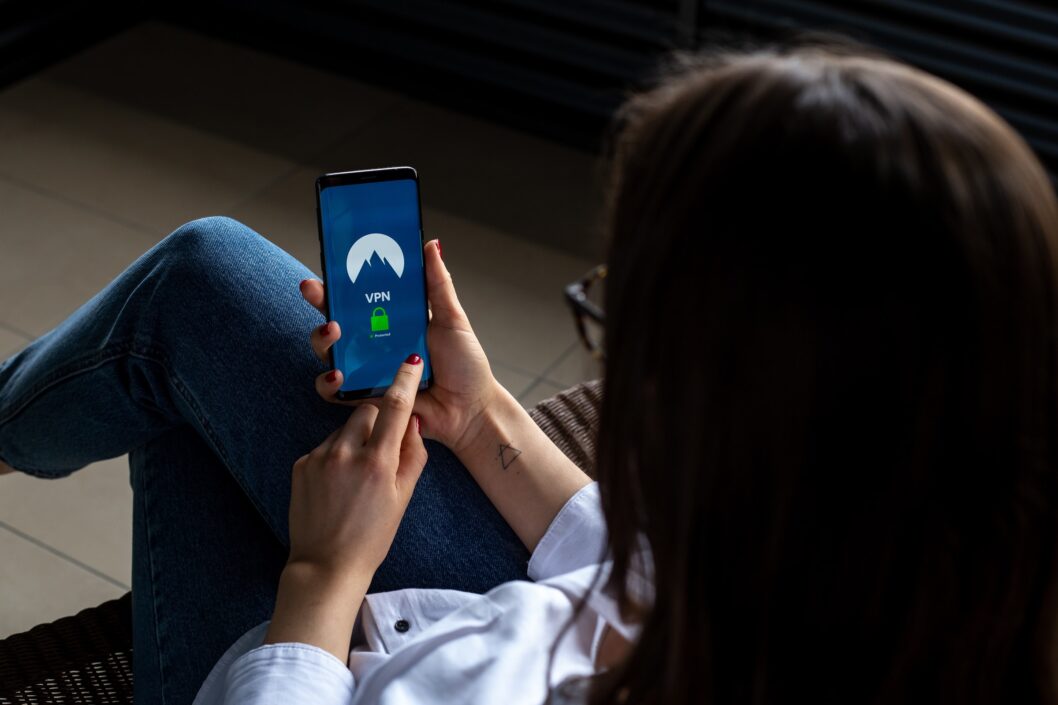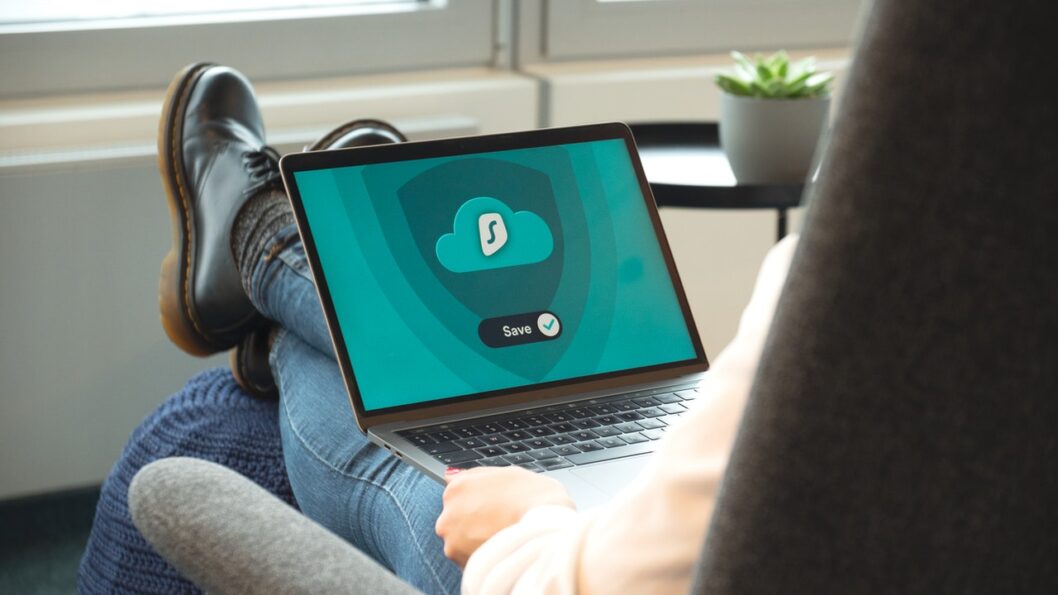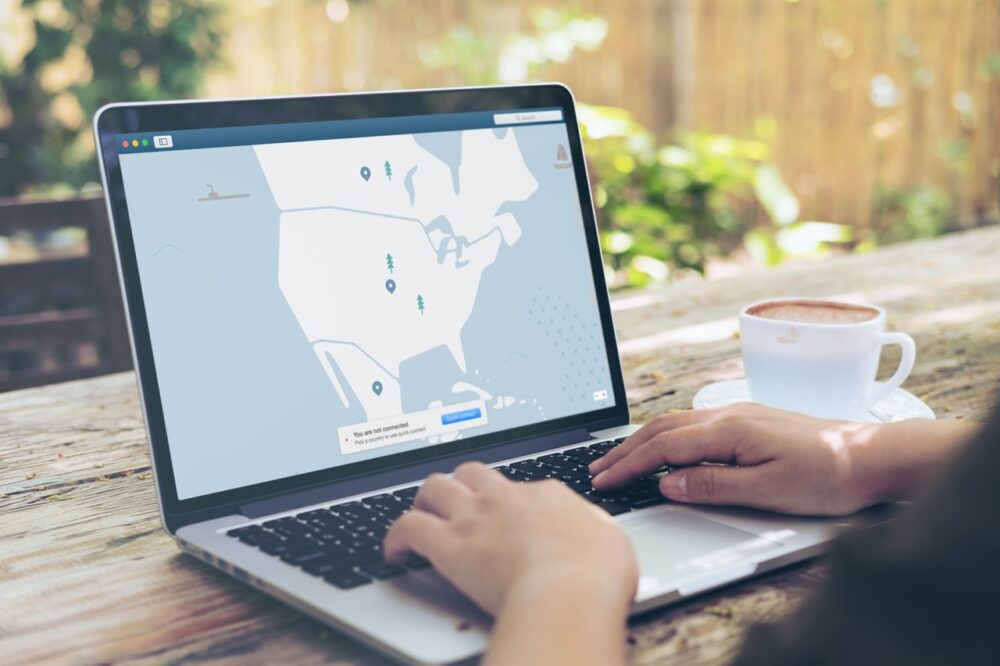Getting used to new laws and customs is hard. Trying to give the cashier exact change in unknown currency is hard. But knowing that there is a risk of losing all your important sensitive data – well, that’s a nightmare.
Using VPN as an expat, such as expattech.proprivacy is one of the best ways to keep your data safe in your adoptive country. And that’s because it’s like hitting 2 birds with 1 stone.
On the one hand, you’re hiding your private information. This way, no one is going to see your sensitive data or track your online activity.
On the other hand, you’ll still enjoy your favorite TV shows anywhere in the world.
Of course, the advantages of using a VPN (Virtual Private Network) as an expat go beyond being able to watch Friends. For example, if you’re traveling to China, you won’t have access to many important work-related tools such as:
- Gmail
- Slack
- Google apps (Calendar, Docs, Drive, Maps)
- Dropbox
But the list is not over yet – China also blocks social media platforms like:
- Snapchat
In this situation, a VPN helps you avoid this kind of censorship. You’ll still have access to work platforms, communicate with your work colleagues, and spend time on social media.

Source: unsplash.com
But how can a VPN do all these things without compromising your sensitive data?
Well, do you remember when Bruce Wayne puts on his Batsuit and no one recognizes him anymore?
It’s something similar to that – only that the VPN is like a Batsuit. You put it on and no one will see it’s you.
Why Is a VPN Better Than Other Services?
First, here are the alternatives to using it:
- Proxy
- Smart DNS
Let’s say you’re in China and you want to watch It’s Always Sunny in Philadelphia which is only available on Netflix UK.
A smart DNS and a proxy can do the same thing a VPN does: re-route your traffic through a special server located, in this example, in the UK. This way, Netflix will think that your signal is coming from the UK and it’ll give you access to the UK library.
So if these services are also good, why choose a VPN?
Well, there is one important reason why a VPN is king among these apps – encryption.
And since we’ve compared a VPN with the Batsuit because it hides your data, services without encryption are more like putting a stocking mask on your face – everyone (hackers, your ISP, or government surveillance agencies) will still know it’s you.
Hackers can take advantage of free public WiFi and use WiFi vulnerabilities to steal your data. But a VPN encrypts your sensitive information and makes the Internet a safer place. Whether you’re using your credit card to pay online, talk with your family or friends, or take care of legal financial documents from home, a VPN will protect you against any online threats.
What You Should Look for When Choosing a VPN
With more than 100+ VPN services on the market, it’s hard to choose the right one. To help you make the best decision, we’ve made a list of 6 things you should pay attention to:
1. A Large Server Network

Source: unsplash.com
Having more servers means less overcrowding (which causes slow speeds). Plus, check if the VPN has servers in nearby countries so that the speed loss is minimal. It should also have servers in most parts of the world, so that you can unblock any site you want.
2. Secure and Fast Protocols
Protocols determine how a VPN connection is established, so you should always use the most secure ones. Here are the safest VPN protocols that also provide good speeds:
- OpenVPN
- IKEv2/IPSec
- WireGuard
3. No-Logs Policies

Source: unsplash.com
To be 100% sure VPNs don’t keep any logs, always check their privacy policies. No VPN service should collect your information when you’re connected to their servers. Also, check if the VPN’s no-logs policy has been independently audited (that way, you know it’s for real).
4. Extra Security Features
Basic features aren’t always enough. Check if the VPN has extra features like:
- Built-in leak protection – it should protect you against DNS, IPv6, and WebRTC leaks.
- Kill switch – disconnects you from the Internet when the VPN connection drops to prevent traffic leaks.
- Ad blockers – improve your browser performance (sites load faster) and block shady ads that might redirect you to scammy websites.
- Split-tunneling – choose which apps use the VPN and which apps use your ISP’s network.
5. Good Customer Service

Source: pexels.com
Do you have any questions about the privacy policy? Are you experiencing technical difficulties and don’t know why? You deserve a fast solution to all your questions – so choose a VPN that has 24/7 live chat, responsive and helpful support reps, and an in-depth support library.
6. Not a Free VPN
Yeah, you read that right. No free VPN is truly “free.” Most free VPNs make a profit by logging and selling your personal data!
Of course, that doesn’t mean you have to pay a fortune either. Top VPN services cost around $9-$12 per month (it’s usually $2-$4 with a long-term plan) and have a 30-day money-back guarantee policy.
Conclusion
It can be your best friend in an unknown (and possibly) restrictive country, so make sure you only pick the best one.
Did you ever use a VPN while traveling abroad? Let us know about your experience with VPN in the comments. Also, please share any other useful hacks for living abroad with our readers!


















